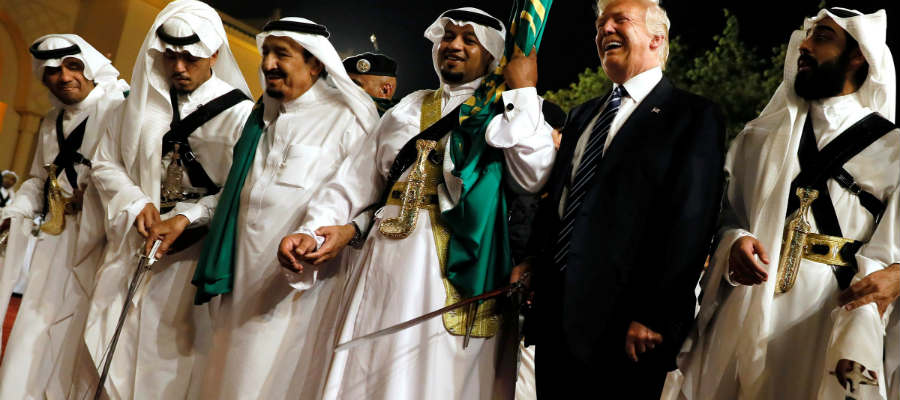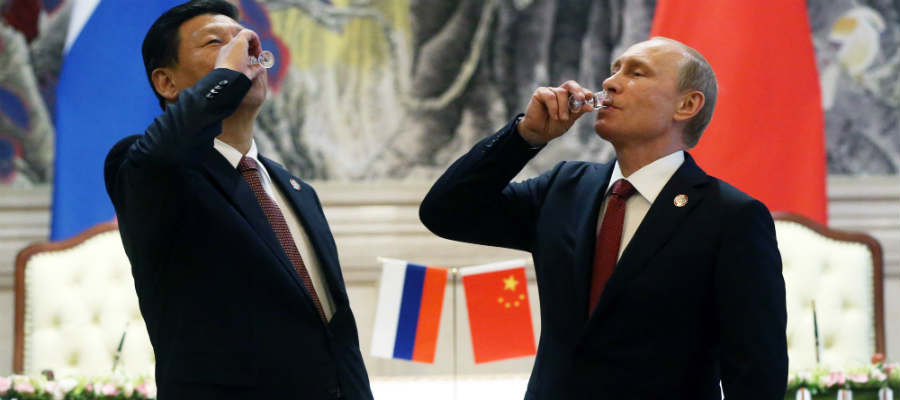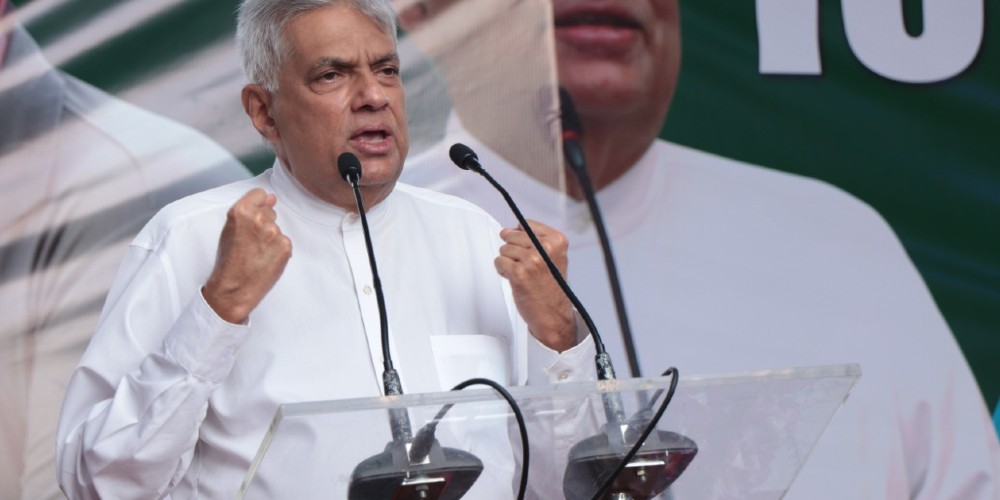President Mohammad Morsi has barely been ousted and, lo and behold, the Palestinian-Israeli peace process is already on track. It was important that Morsi vacated the scene for the process to be salvaged because the Muslim Brotherhood had firm links with Hamas with whom talks were unthinkable. So the losers along with the Brothers in Egypt are all the Brotherhood enthusiasts in the region – Qatar, Turkey, Hamas, Tunisia. This reverses key political trends in the region.
European Union’s Foreign Policy Chief, Catherine Ashton, obtained from Gen. Abdul Fattah el Sissi the permission to meet Morsi who is confined in a secret location. This “reasonableness” on the part of the army chief “humanizes” him just enough for the US to abide by the financial commitments to Egypt which underpin the country’s 1979 Peace Treaty with Israel. Little wonder, Israelis have been imploring Washington not to declare Morsi’s ouster a coup. Under US law, Gen. Sissi would forfeit American largesse if he is seen to be a “coup leader”.
After her meeting with Morsi, Ms. Ashton suggested to Egypt’s Defence Minister that the Brothers be part of any future power structure. There is no evidence her suggestion has been taken seriously.
Ms. Ashton ought to know that in the region, much more important than her views are the views of Saudi Arabia. In the case of Egypt, the Saudis have hammered in the point. As soon as the tide turned against Morsi, they along with their GCC Sheikhdoms, handed twelve billion dollars to the Egyptian army by way of gratitude. Billions more will follow. Saudis do not like systems where “popular will” is constantly invoked. They would be most comfortable with Gen. Sissi transformed into President Sissi. Mark my word.
There are some obvious expectations the present regime in Cairo has of Riyadh. One expectation, the Saudis have already fulfilled – financial, along which almost automatically comes political support. Saudis will also be expected to leverage their influence on the Salafists or the al Noor party so that the post Morsi structure is not destabilized by extremism.
In Syria the opposition backed by Qatar, Turkey, Saudi Arabia, Britain, France, Israel and the United States are on the losing side. Shouldn’t a journalist who predicted this outcome two years ago be applauded? As the regime in Damascus makes gains each day, the chances of Geneva II recede farther into the background. In fact the very idea of Geneva II is embarrassing for the US, Saudi, Israel led coalition. Bashar al Assad can organize a delegation in a jiffy, but who will put together a delegation from the countless groups losing the fight in Syria?
Meanwhile, the inauguration of President Hassan Rouhani in Teheran on August 4 will provide an embarrassing contrast to the anti-democratic Arab scene. Britain’s ex-Foreign Secretary, Jack Straw and ex-EU Foreign Policy Chief Javier Solana will attend the ceremonies. This will be signal enough to others who will doubtless follow. India has already upgraded its representation – Vice President Hamid Ansari who has been ambassador to Iran.
There is enough good sense in Riyadh to realize that sectarian conflict is no substitute for strategy towards Tehran. Competition between Riyadh and Tehran is inevitable. Equally, open hostility is unsustainable.
The key to a Riyadh-Tehran rapprochement is Bahrain. A 37 Km causeway links Saudi Arabia’s oil bearing, Shia dominated Eastern province to this small Kingdom, which is also home to the US Fifth Fleet. Neither the Saudis nor the Americans will abandon their key interests. This much is clear.
Likewise, it is inhuman that the staunchly Sunni regime in Bahrain, should treat 80 percent of the population, all Shias, as the “opposition”. This majority population has faced state repression for demanding their human rights since the Arab Spring first stirred.
Two years ago, the US had taken an initiative to broker an agreement between the two sides.
For over 200 years, the Khalifa family have been Emirs of Bahrain. A decade ago, Hamad bin Isa Al Khalifa declared himself king. Kingship has a built in dynastic possibility: a crown prince, in this case Prince Salman bin Hamad bin Isa al Khalifa. There is also room for reform. Bahrain can easily become a constitutional monarchy, should circumstances so demand.
With royal courts come court intrigues. The King’s uncle, Khalifa Ibn Salman al Khalifa has been Prime Minister from the day the king ascended the throne. It is universally acknowledged in Bahrain that not only is he the most powerful man in the kingdom but also the most corrupt. I heard this from all sides in Bahrain.
When the Arab Spring first swept through Tunisia and Egypt in 2011, people came out on the streets in almost every West Asian capital. In no instance was the state structure exposed as being more tilted against its own people. As demonstrations invited brutal crackdown by the armed police, mostly Pakistani conscripts, Bahrain’s friends began to see the structure as untenable.
Americans took a welcome initiative. US envoy Jeffery Feltman, sketched a compromise agreement between Crown Prince Salman bin Hamad bin Isa al Khalifa and a moderate Shia leader, Sheikh Ali Salman. Sheikh Salman was in tears when I met him. “The Prime Minister has killed all chances of peace.”
Before the agreement could even be discussed, which would give the Shias reasonable representation in the state structure, the Prime Minister mobilized the support of the then Saudi hard line Interior Security Chief, Prince Nayef. Saudi tanks and GCC armoured personnel carriers rolled down the Saudi-Bahrain causeway. That was the knee jerk response two years ago. The Saudis are much wiser now that the Spring has turned to Autumn. Should not the Feltman initiative be picked up now that both the Americans and the Saudis may be looking to open the Iranian lock of which Bahrain is the key?
(Saeed Naqvi is a senior Indian journalist, television commentator, interviewer, and a Distinguished Fellow at Observer Research Foundation. Mr. Naqvi is also a mentor and a guest blogger with Canary Trap)



